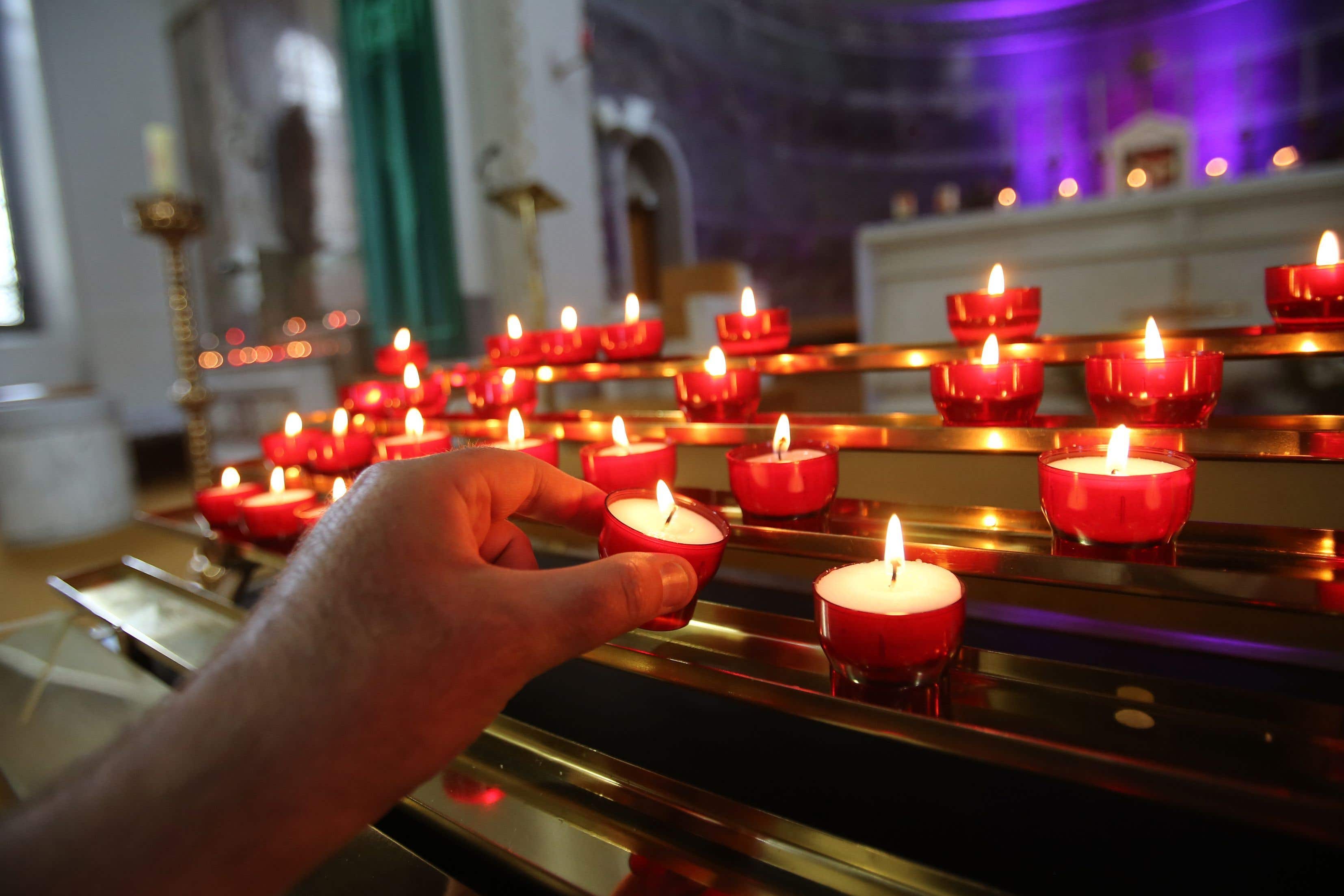Apology from CofE fund boss at exhibition exploring historic links with slavery
Enslavement: Voices From The Archives at Lambeth Palace Library features 18th-century ledgers among other pieces.

The chief executive of the Church Commissioners for England has apologised for the body’s “shaming” links to transatlantic chattel slavery while speaking at an exhibition featuring documents and items highlighting the historic association.
Gareth Mostyn said “no amount of money will ever be enough to repair the damage done” through the slave trade but that the response of the commissioners, who manage an investment fund of more than £10 billion for the Church of England, would help create “a better future for all”.
It comes after a report found the fund has part of its origins in Queen Anne’s Bounty, which was founded in 1704 and had links with transatlantic slavery.
This prompted the church to announce £100 million of funding for a programme of investment, research and engagement to try to “address past wrongs”.
However, there has been criticism from some groups who argue the money would be better spent funding work in local parishes.
Speaking at the Enslavement: Voices From The Archives exhibition at Lambeth Palace Library, which opened in early January, Mr Mostyn said: “What we discovered from our research into our predecessor funds, links to historic chattel slavery, is shaming and we’re deeply sorry. We have announced a commitment of £100 million of funding in response to what we have learned.
“No amount of money will ever be enough to repair the damage done through the transatlantic slave trade.
“But we hope that our response will be a means of investing in a better future for all, especially communities impacted by the legacy of the slave trade, and to create a positive, lasting legacy.”
Mr Mostyn said part of the Church Commissioners’ response was to “make sure that our history is told and that we’re transparent about what we have learned”.
He added that the exhibition “is part of that transparency, part of telling the story”.
“Whilst our report focused on financial transactions, our research has also uncovered many other really impactful documents from here in the library and we wanted to display those in the exhibition.”
The display includes early 18th-century ledgers from Queen Anne’s Bounty and an anonymous letter written by an enslaved person in 1723 to the “Archbishop of London” petitioning for their freedom.
A missionary book from 1808 published for enslaved and former enslaved people, edited to remove all references to freedom from slavery, will also be on display.
In 2019 the Church Commissioners decided to conduct research into the source of its fund, working with forensic accountants to review financial ledgers and other original documents from its archives.
The report found that, by 1777, Queen Anne’s Bounty held £440,962 of South Sea Company annuities “calculated to have been worth £406,942 (potentially equivalent to around £724 million in today’s terms)”.
The report estimates the South Sea Company transported 34,000 slaves “in crowded, unsanitary, unsafe and inhumane conditions” during its 30 years of operation.
Bookmark popover
Removed from bookmarks